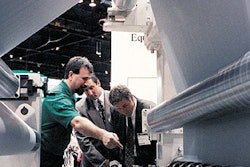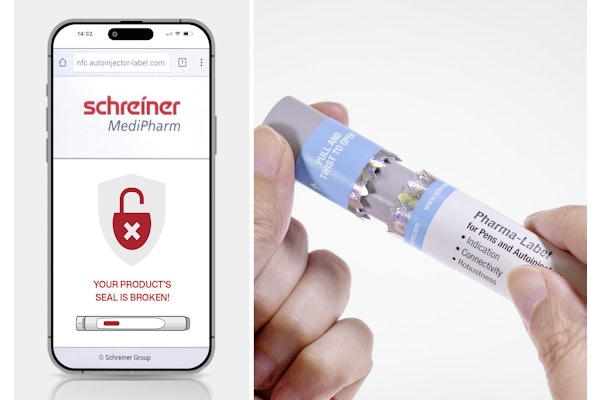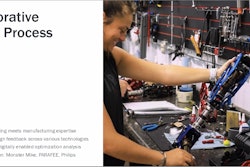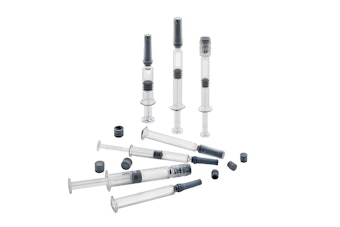"We should not forget that we have some of the best criminals in the world right here," said Eban, whose research culminated in the writing of "Dangerous Doses: How Counterfeiters Are Contaminating America's Drug Supply."
Eban's book reads like a fast-paced detective story filled with villains that rival Scarface, and a misfit band of heroes, "the Five Horsemen of the Apocalypse," assigned with investigating Florida's ring of drug counterfeiters.
What Eban discovered was a gray market seething with corrupt pharmaceutical wholesalers. "All you needed was air conditioning, a lock, and a refrigerator, and you could be a licensed pharmaceutical wholesaler," she said. "The bureau never did criminal background checks; therefore, they gave licenses to a lot of criminals."
Drugs were being stolen from warehouses and hospitals, sold out the back doors of pharmacies, or bought from patients as they exited Medicaid clinics. Counterfeiters removed labels using products such as lighter fluid. Sensitive drugs, like Procrit and Epogen that must be stored at constant temperatures and cannot be shaken, were kept in the hot sun in paint cans with ice chips and soaked overnight so the labels could be removed.
Eventually, counterfeit Epogen made its way into a CVS pharmacy and was subsequently injected into Timothy Fagan, a patient who had undergone a liver transplant. Fagan filed lawsuits against distributor AmerisourceBergen Corp. and CVS Corp., but Amgen Inc., the manufacturer of Epogen, was let off the hook. The court dismissed Fagan's complaint that Amgen should be held liable. Eban disagreed: "Everyone bears responsibility," she said. "You have to know who you sold it to. You can't let it fall into a black hole."
Several months ago, FDA implemented regulations requiring a pedigree for drugs moving through the secondary wholesale market. The problem, said Eban, is a loophole for authorized distributors who don't need to pass on a pedigree downstream if the drug was bought from the manufacturer. Tim Fagan's Law, which increases penalties for selling counterfeit drugs, will close that loophole, she said.
"Dangerous Doses" is an eye-opener and reinforces the importance of anticounterfeit packaging. Prior to the Tim Fagan incident, Epogen was in what Eban referred to as bad packaging. Both the 2,000 U/mL vials and the 40,000 U/mL vials contained the same color caps. "All the counterfeiter had to do was change the label," she said.



















